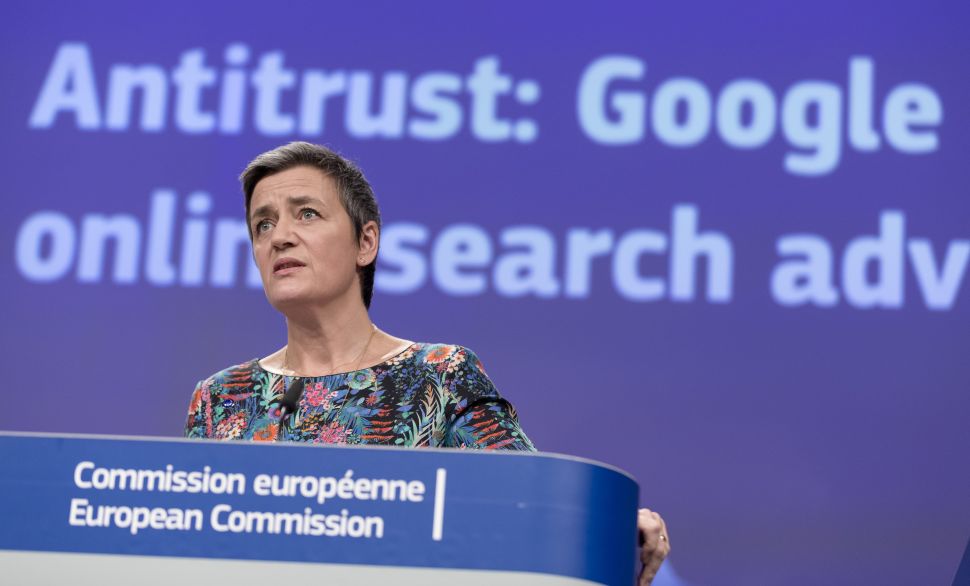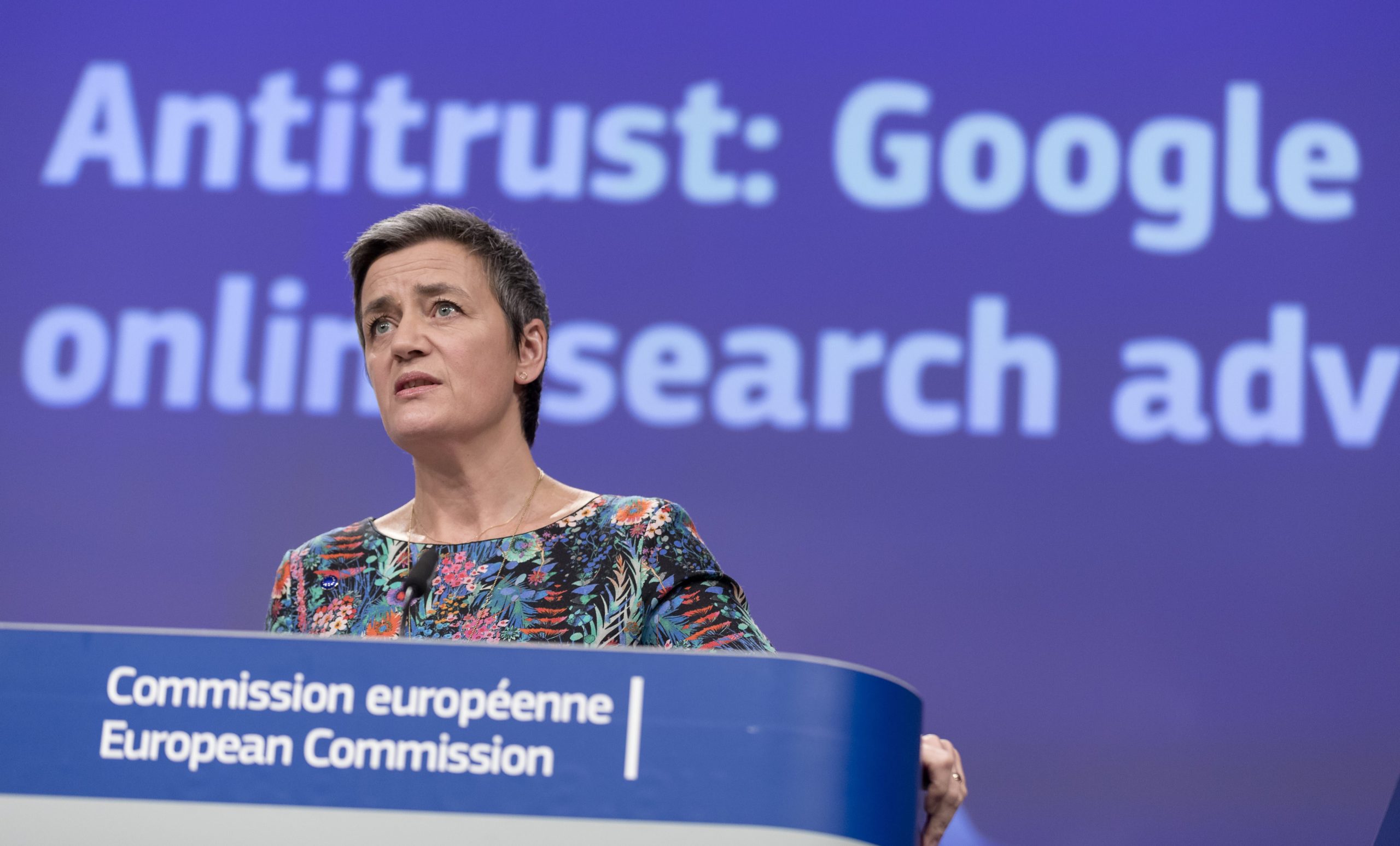
European Commissioner for Competitors Margrethe Vestager. Thierry Monasse/Getty Illustrations or photos
The European Union has unveiled sweeping legislation that, if passed, would strictly restrict the use of synthetic intelligence, or A.I., a comparatively recent engineering that has garnered popular use in pretty much each aspect of modern-day existence and sparked issues about the wonderful hazard to privacy and democracy it could induce if slipping in the mistaken palms
The EU’s govt branch, the European Commission, released a 108-web site draft Wednesday made up of guidelines all-around the use of A.I. in a range of “high risk†routines for which the U.S. doesn’t nevertheless have apparent guidelines.Â
“On synthetic intelligence, have faith in is a should, not a pleasant to have,†Margrethe Vestager, the Govt Vice President of the European Fee for A Europe Match for the Digital Age, stated in a statement. “With these landmark guidelines, the EU is spearheading the progress of new world-wide norms to make positive A.I. can be dependable.â€
Vestager is also the EU’s Commissioner for Competitiveness who in modern a long time led superior-profile antitrust probes into American tech giants, such as Fb, Google and Apple.
Like the EU’s Normal Data Protection Regulation (GDPR) enacted in 2018, the synthetic intelligence regulation is anticipated to assistance set a template for the U.S. and governments all around the entire world on regulating rising systems.
In the U.S., discussions about regulating A.I. have taken position on both of those condition and federal concentrations, but few expenses have moved by legislature. In 2020, general A.I. bills and resolutions were launched in at minimum 13 states, in accordance to the Countrywide Conference of State Legislatures. Only a person condition, Utah, enacted a invoice to create a “deep technology expertise initiate†in the state’s larger schooling process.
American tech giants with small business in Europe are currently gearing up to problem the EU’s proposed regulation. A coverage analyst at the Centre for Info Innovation, a Washington, D.C. feel tank funded by numerous large U.S. tech firms, stated the regulation is “a damaging blow to the Commission’s objective of turning the EU into a world wide A.I. leader†and could bring about Europe to “fall even further more guiding the U.S. and China,†for every Forbes.
In any case, it could just take a long time for people proposed principles to turn into laws. In the EU, new laws need to be authorized by both equally the European Parliament and members of the European Council representing the bloc’s 27 nationwide governments.
In this article are some of the essential points in the proposal:
Demanding Procedures All-around Facial Recognition
Facial recognition is just one of the most controversial parts of A.I. application. Below the EU framework, any use of facial recognition and authentic-time biometric identification in community spaces will be prohibited unless of course law enforcement demands the tech to deal with community protection emergencies, this kind of as preventing a terror attack and getting lacking little ones.
Disclosure Necessity for “High-Risk†A.I. Providers
Firms establishing and using large-danger A.I. purposes, these as self-driving software program, will be needed to present evidence of safety and documentation conveying how the technological know-how will make conclusions. The corporations ought to also promise human oversight in how the applications are established and utilized.
Software program-generated media written content, together with “deep fake†movies, will be topic to rigid transparency disclosure. The creators should notify their consumers that the written content is generated by means of automated means.
Other “High-Risk†Applications
The proposed legal framework determines an A.I. application’s stage of possibility primarily based on requirements including intended function, the selection of perhaps influenced people, and the irreversibility of harm.
The draft identifies eight groups of higher-possibility software: which includes biometric identification, administration and procedure of important infrastructure, training, employment, privacy, law enforcement, border management and justice programs.
Significant Penalty Dealing with Major Tech
Underneath the proposal, organizations violating the policies could face fines of up to 6 p.c of their yearly worldwide revenue. For Fb, that would be up to $5.2 billion based on its 2020 revenue. For Google, it would be $11 billion.

